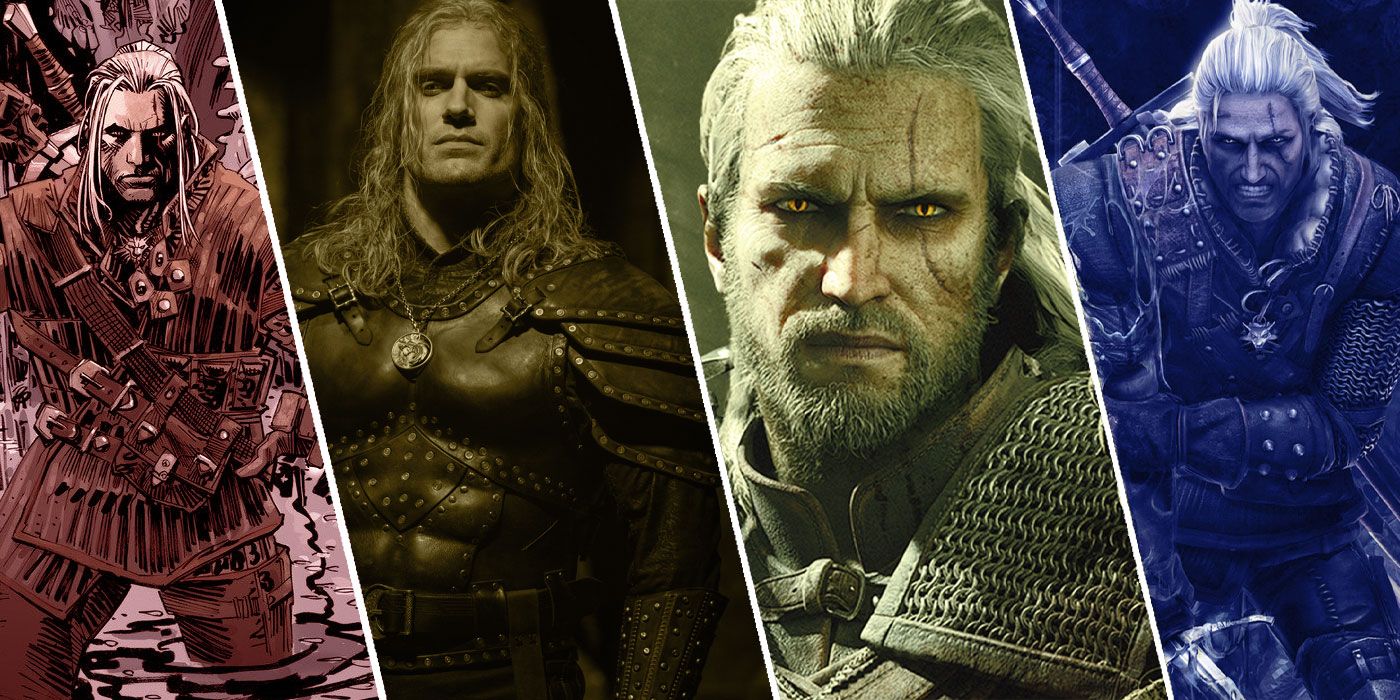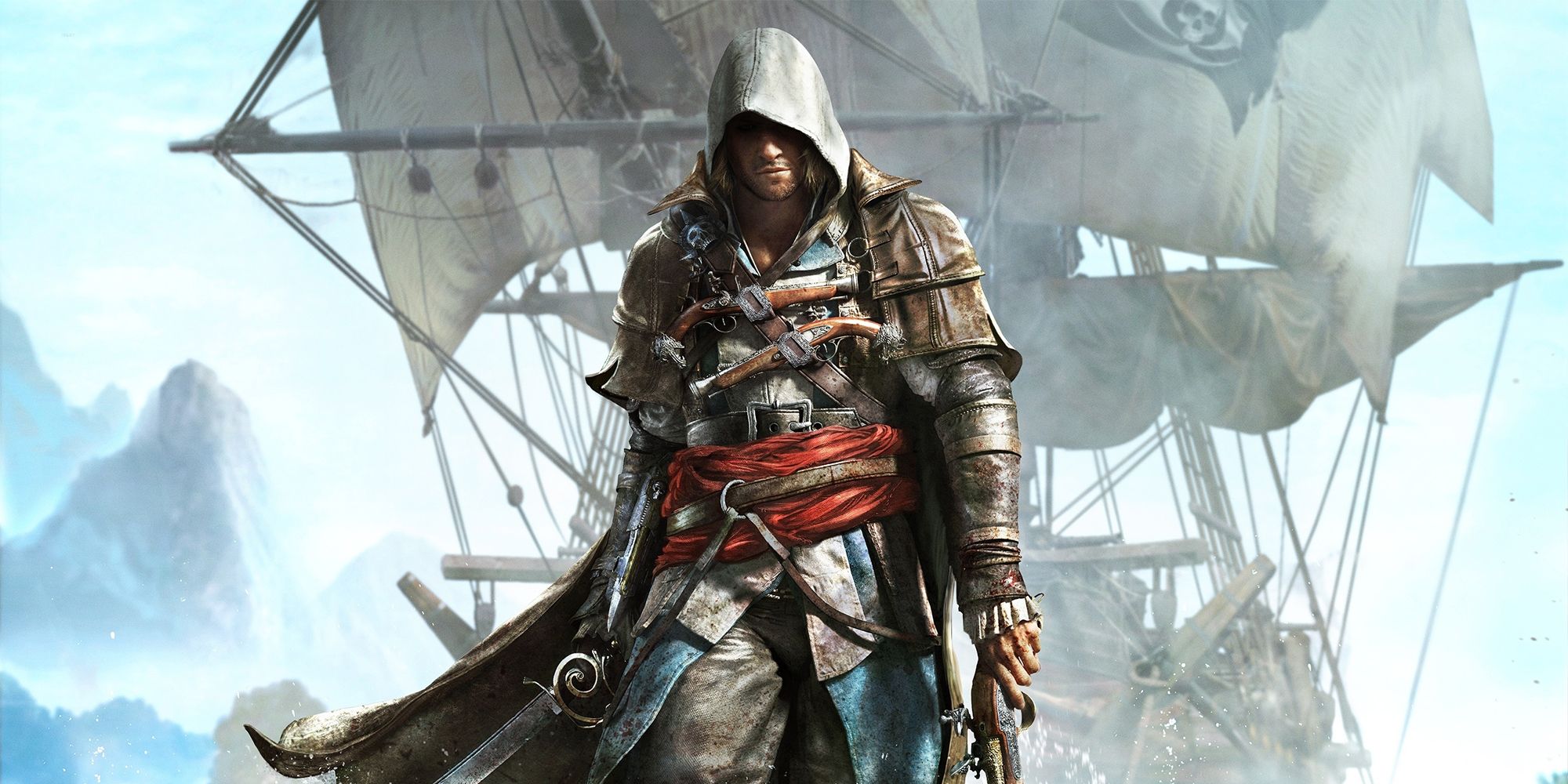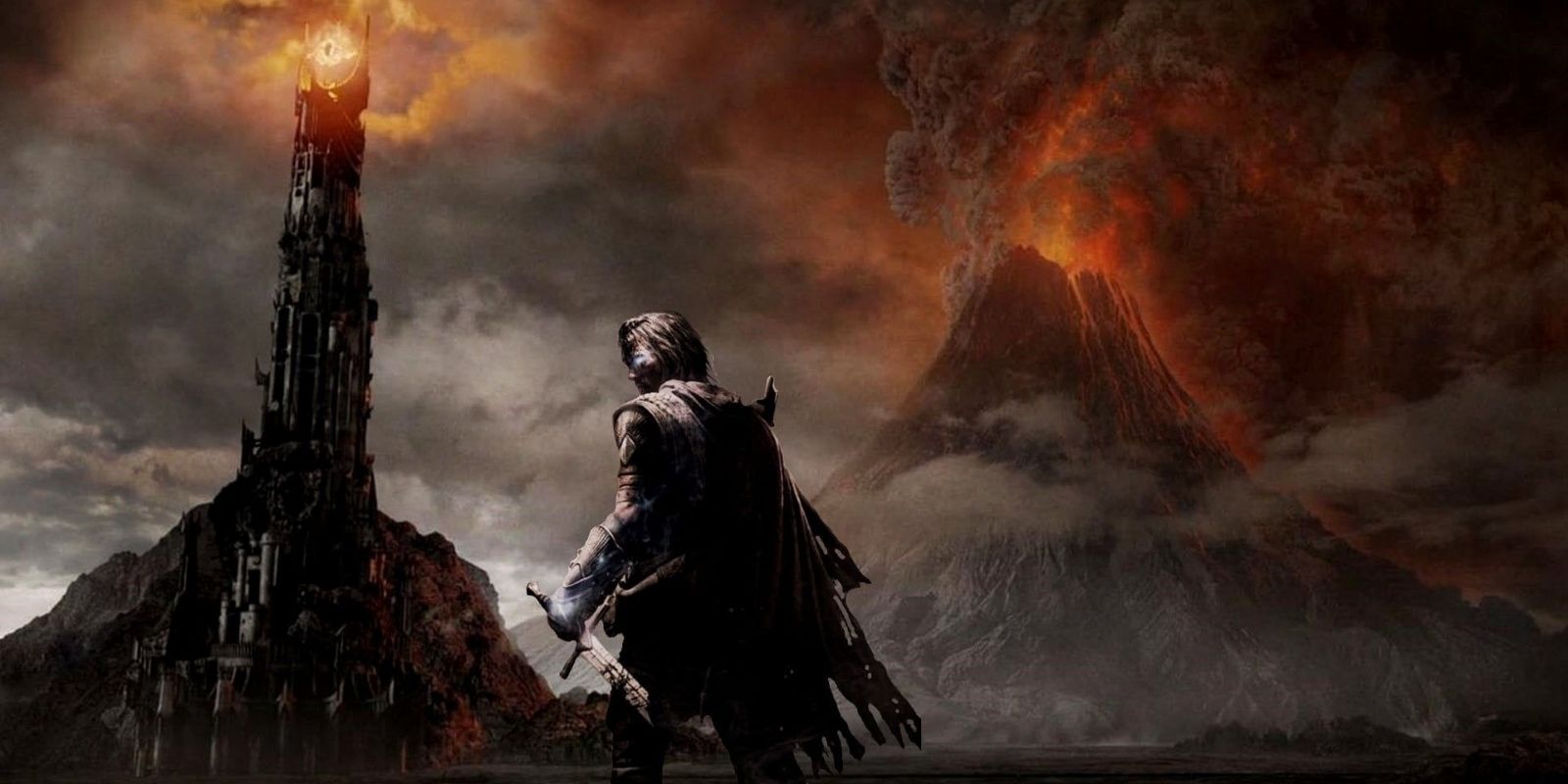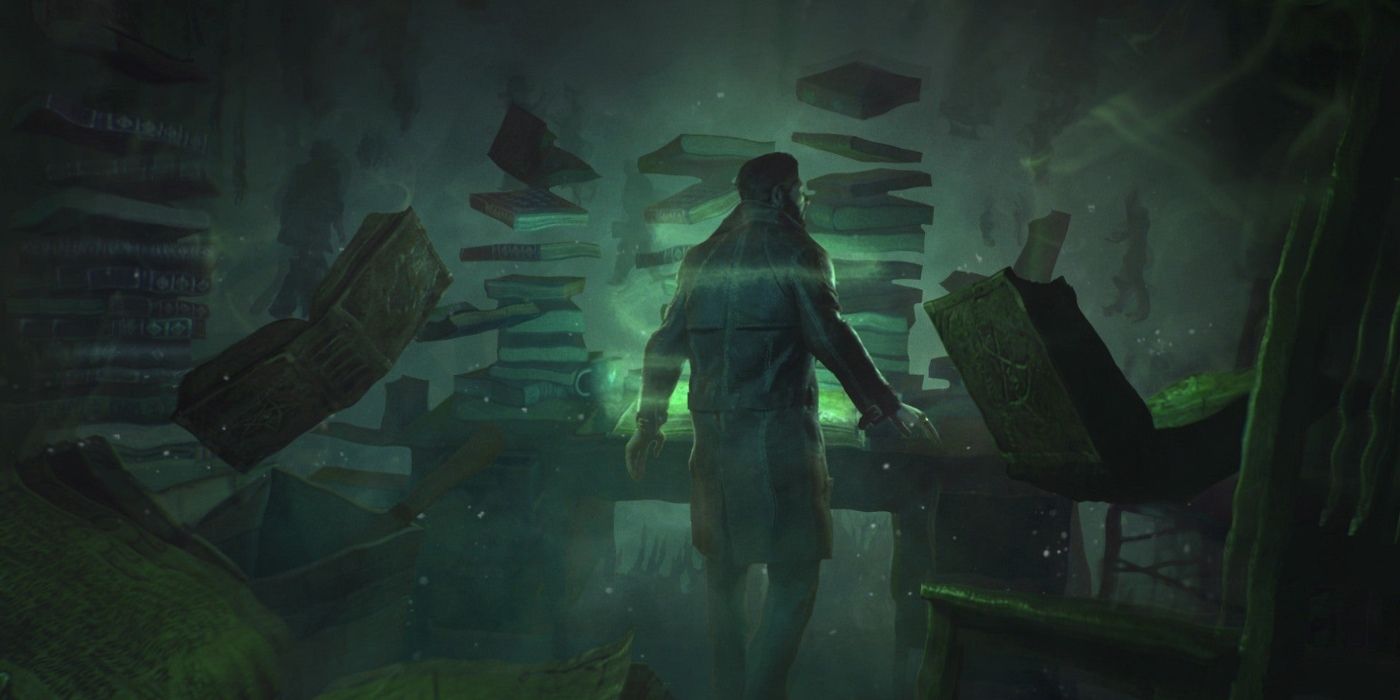With each passing day, the gaming industry witnesses remarkable expansion. Forecasts for 2023 suggest that the gaming market's revenue might soar to a staggering $187.7 billion, as highlighted by Newzoo, a leading authority in digital game analytics. For enthusiasts and observers alike, the captivating interplay between literature and video games emerges as a significant trend, crafting a mosaic of rich narratives and immersive experiences. Indeed, many of the most popular games of the last decade drew inspiration, or even direct adaptation, from equally successful pieces of fiction. But how did this union form, from words on a page to controllable graphics on a screen, and why do some books translate so well to video games?
Literary Foundations in Games
Video games have evolved significantly over the years, transitioning from simple skill challenges to complex experiences involving deep and immersive narratives. In this evolutionary process, the foundations of classic literature play a crucial role, providing games with structure, depth, and rich detail. Games have surpassed being mere superficial activities, becoming essential for the creation, preservation, and transmission of culture, evolving into a profound human form of expression. In this context, certain parallels can be drawn when comparing literary composition to the development within the gaming universe. For instance, individuals have the opportunity to explore new concepts, engage in novel forms of interaction, and cultivate creativity and imagination, much like what literature offers.
The Witcher series is an excellent example of games adapted from a series of novels. The story, characters, and world created by author Andrzej Sapkowski were exceptionally brought into the gaming world, attracting thousands of players worldwide. The games not only adapted Sapkowski's literary world but also expanded it, enriching it with interactivity and new stories. It illustrates how a literary narrative can be transformed into an engaging gaming experience and how games can be a powerful way to expand and revitalize established fantasy worlds. The story follows the witcher Geralt of Rivia in a dark fantasy world, exploring themes of morality, politics, and monsters based on rich Slavic mythology.
Many games incorporate elements of intertextuality, referencing both classic and popular literary works. This creates an additional layer of depth for players familiar with the references and introduces the works to a broader audience, creating immersive and intellectually stimulating experiences.
Narrative Techniques: From Pages to Pixels
Video games have increasingly adopted narrative techniques that are traditionally associated with literature. This convergence of media allows for a richer and more immersive gaming experience. Many games now incorporate intricate plots, character development, and thematic depth that mirror those found in novels and other literary works. This blending of literary techniques into gaming has elevated the medium, allowing for deeper emotional connections and more complex storytelling.
The Assassin's Creed series, developed by Ubisoft, is deeply rooted in historical fiction, blending real historical events with fictional narratives. Each Assassin's Creed game in the series transports players to a different era, from the Crusades in the Holy Land to Renaissance Italy, the American Revolution, and Ancient Egypt. The series intricately weaves historical figures, like Leonardo da Vinci, Cleopatra, and George Washington, into its narrative. By doing so, it offers players a fictionalized account of history, much like historical novels that blend fact with fiction. The rich tapestry of historical context combined with the game's original storylines provides players with an immersive experience that feels both educational and entertaining.
One of the most prominent narrative techniques borrowed from literature is the use of first-person narratives. This perspective places players directly into the shoes of the protagonist, offering a more intimate and personal gaming experience. Flashbacks are another technique employed to provide background information or to reveal crucial plot points, much like in novels. Additionally, the concept of the unreliable narrator, a character whose credibility is compromised, has been introduced in games, adding layers of mystery and intrigue. Such techniques not only enhance the narrative depth but also engage players on a deeper cognitive level.
Bioshock Infinite by Irrational Games is a prime example of the use of first-person narratives and flashbacks. Players experience the story through the eyes of Booker DeWitt, navigating the floating city of Columbia to rescue Elizabeth. As the story unfolds, flashbacks reveal Booker's past and his connection to the city. The game also plays with the concept of an unreliable narrator, as players are led to question the reality of events and the truthfulness of the protagonist's memories.
Campo Santo's Firewatch is another game that employs the first-person narrative technique. Players step into the shoes of Henry, a fire lookout in the Wyoming wilderness. The game's narrative is driven by the conversations between Henry and his supervisor, Delilah, over a walkie-talkie. As the story progresses, players are left to question the reliability of what they hear and see, making them doubt the true intentions of the characters.
Rockstar Games' Red Dead Redemption 2 is an example of an immersive experience created by literary narrative techniques. The game follows the story of Arthur Morgan, a member of the Van der Linde gang, in the dying days of the American Wild West. The narrative is rich with themes of loyalty, redemption, and the inexorable march of time. The game's story is filled with character development, moral choices, and a deep exploration of the human condition, much like a classic novel. The world is alive with side stories, character arcs, and events that all tie back to the central narrative, creating a deeply immersive experience for players.
By drawing from the rich traditions of literature, games can craft intricate worlds, develop multifaceted characters, and weave compelling stories that resonate with players on an emotional level. This fusion of literature and gaming has paved the way for narrative-driven games that captivate players, not just through gameplay mechanics but also through compelling storytelling.
Challenges and Rewards of Adapting Literature to Games
While books offer a linear narrative controlled by the author, games give the player the ability to make decisions that influence the course of the story. Adapting a literary narrative involves identifying significant decision points and maintaining the coherence of the original plot. Character development in games often requires more dialogue and interaction than in books. Books can deeply describe characters' thoughts and emotions, but adaptations must consider how to maintain the characters' essence while developing them appropriately for an engaging environment.
Gameplay is also an essential aspect. The narrative must be organically integrated into the gameplay, creating a cohesive experience. Narrative elements should not feel separate and mechanical in the game. Games often use audiovisual elements to create atmosphere and emotion; when adapting from a book, careful selection of soundtracks, visual effects, and sound design is needed to convey the same sensation as literary prose.
Inspired by the epic poem Divine Comedy by Dante Alighieri, Dante's Inferno follows its protagonist Dante on his journey through Hell, Purgatory, and Paradise. With a dense narrative full of action and violence, the character faces various challenges to save his fiancée from the devil's clutches. Beatrice, his beloved, died due to Dante's actions, who, as a crusader, engaged in dishonorable situations during his missions. Determined to atone for his mistakes and save his companion's soul, the character confronts all the circles of hell: Limbo, Lust, Gluttony, Greed, Wrath, Heresy, Violence, Fraud, and Betrayal. He faces the entire hell and destroys all demons that come his way until he reaches his goal.
Based on a significant classic of literature, Alice: Madness Returns offers an adaptation of Lewis Carroll's Alice in Wonderland. With a darker and more disturbing take on Alice, the character navigates a twisted world, exploring issues of sanity and reality, also present in the original. In this game, Alice is interned at Rutledge Asylum, accused of setting her house on fire, killing her parents and sister. Showing signs of dementia, Alice starts to believe she was indeed responsible for her family's death, marking the beginning of the macabre Wonderland story.
J.R.R. Tolkien's Lord of the Rings is not only vast in its lore and character depth but also deeply emotional in its narrative arcs. Translating such intricate storytelling into an interactive medium requires developers to strike a delicate balance. They must remain faithful to the source material while also ensuring the game offers engaging gameplay mechanics. While some adaptations have successfully captured the grandeur of Middle-earth and the essence of its characters, others have faced criticism for oversimplifying plots or not fully conveying the depth and nuances of the original text. The task of encapsulating Tolkien's richly woven world into a game format underscores the complexities of merging literary art with entertainment.
When discussing adaptations, continuity and fidelity to reference sources are crucial. Fans of the original work have specific expectations, meaning the adaptation must balance truthfulness to the source with the need to adjust for the game format, without losing the story's essence.
Books Can Find New Life as Games
Games offer a unique opportunity to explore familiar worlds interactively, allowing players to experience stories and characters in a new and engaging way. However, this transition requires a delicate balance between respecting the essence of the original work and adapting elements to fit the interactive nature of games. Capturing the depth of the narrative, significant themes, and the richness of characters while maintaining challenging and engaging gameplay is a true artistic challenge.
Successful games based on literary works not only remain faithful to the original materials but also enrich the gamer's experience, allowing them to explore and interact with these worlds in unique ways. The convergence between literature and games continues to be fertile ground for creativity and innovation, offering a fresh perspective on well-known and beloved stories for a new generation of players who may be unfamiliar with the source material, and readers who want to experience their favorite worls of fiction in new, interactive ways.





